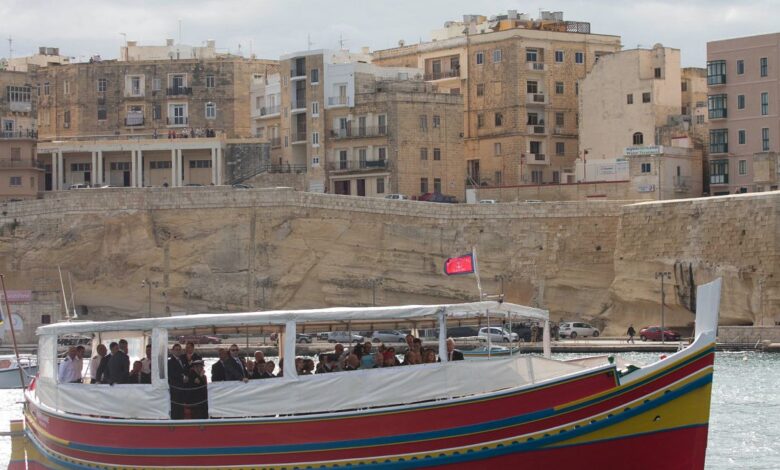Malta’s golden passport system was rejected by the EU First Instance Court

The controversial Gold Passport Regime of Malta, which allows foreigners to acquire EU citizenship in exchange for an investment of more than 690,000 euros, was considered illegal by the EU First Instance Court on Tuesday.
The commission filed a lawsuit for several years, claiming that the gold passport regime violated Malta’s loyal cooperation duty. The system offered people the possibility of obtaining citizenship and, consequently, the right to work throughout the EU, even if they did not have family ties or a home in that country.
The EU Court has agreed with the Commission, considering that this regime “is equivalent to the commercialization of the granting of the statute of the National Member State and, by extension, of the citizenship of the Union, which is incompatible with the conception of this fundamental state that results from the EU treaties.”
According to the Court, payments or investments were at the base of the Maltese regime, and added that “it cannot be considered that the effective residence in this territory was considered by the Republic of Malta as an essential criterion for the granting of the nationality of this Member State under this regime.”
The court declared that when creating and applying its golden passport system, Malta did not comply with the obligations responsible for the EU treaties and ordered the country to pay the expenses of the process.
The decision was contrary to a non -binding report by Attorney General Anthony Collins last October, who ignored the concerns of the European Commission about the fact that the EU integrity undermines.
“The Member States have decided that it is only for each of them to determine who has the right to be one of its nationals and, consequently, who is a citizen of the EU,” said Collins’s opinion.
The court judges are not obliged to follow the opinions of the Attorney General, although in most cases they do.
Malta was the last gold passport system that remained in the block, after Chipre eliminated its procedure in 2020 and Bulgaria in 2022. Other countries offer “gold visas”, a narrower system that offers residence permits to those who are willing to pay, although they are also critical.
Portugal reduced its golden visa regime by 2023, eliminating a real estate investment condition in an attempt to reduce real estate speculation. The Netherlands followed the example, ending their gold visa regime in January 2024, and Spain also promised to abolish the gold visas for those who invest in the real estate sector.
These regimes have raised significant concerns about safety and money laundering, especially since the invasion of Ukraine in 2022, since the acquisition of a passport or residence card of the EU can allow the rich rich to escape the sanctions.
In 2022, the MEPs appealed to more rigorous rules for gold visas and the prohibition of citizenship citizenship, stating that it was “objectable from an ethical, legal and economic point of view.”




